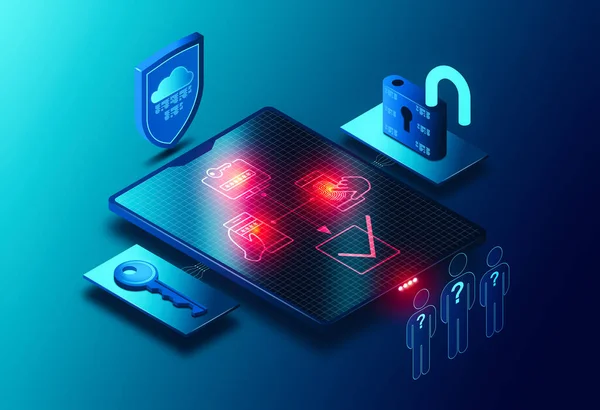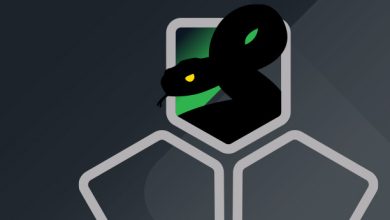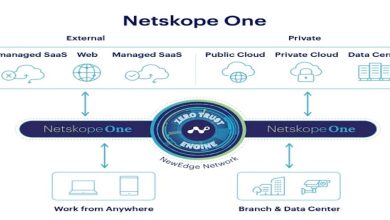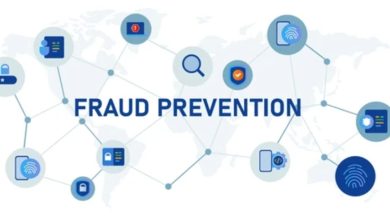Keeper Security Highlights Importance of Multi-Factor Authentication in Third Week of Cybersecurity Awareness Action Month
Keeper Encourages Individuals and Organisations to Enable Multi-Factor Authentication Where Possible

Week three of Cybersecurity Awareness Action Month is upon us, and Keeper Security is urging consumers and businesses alike to adopt and enforce fundamental cybersecurity practices. For this week, Keeper Security announced that its actionable step to proactively strengthen online security is to enable Multi-Factor Authentication (MFA).
Building on the prior weeks’ tips—spotting phishing scams and using strong passwords with a password manager—MFA adds another critical layer of protection to help secure your accounts and data. Strong authentication practices, such as using unique passwords and implementing MFA, are essential for enhancing online security and mitigating cyber risks. Multi-Factor Authentication adds a critical extra layer of protection, making it harder for malicious actors to compromise accounts.
Even if an account’s login credentials are compromised, the cybercriminal would not be able to breach the account without the additional authentication step. Yet, despite its proven benefits, MFA is still widely underutilised both by individuals and organisations, with many high-profile examples of damaging breaches due to the absence of MFA.
“At Keeper Security, we launched Cybersecurity Action Month to usher in the necessary shift from awareness to real action in adopting cybersecurity best practices both at work and at home,” said Darren Guccione, CEO and Co-Founder of Keeper Security. “Implementing MFA across all accounts significantly strengthens access controls and credential management for enterprises while protecting consumers from malicious hackers targeting their devices, accounts and sensitive data. Enforcing fundamental best practices like enabling MFA is key to securing our digital world.”
Multi-Factor Authentication Is a Means, Not an End
As the cyber threat landscape evolves, including the rise of AI-powered attacks, MFA can help thwart these sophisticated attacks. Multi-Factor Authentication ensures that even advanced techniques, such as deepfakes or compromised credentials, face additional hurdles for access. Thirty-six percent of respondents to Keeper Security’s 2024 Insight Report shared that deepfake technology is among the top emerging attack vectors they’re witnessing first hand at their organisations, highlighting the importance of addressing this threat.
As IT leaders and consumers take action to enforce MFA this Cybersecurity Awareness Action Month, it is important to keep in mind that not all MFA methods are equally effective. Traditional methods, such as SMS, are less secure compared to more robust options like authenticator apps or hardware keys. The use of a password manager can mitigate this security risk by storing and autofilling MFA codes with a built-in authenticator app—providing a seamless user experience and protecting against attacks like social engineering or SIM swapping.
Keeper Security, The leading provider of zero-trust and zero-knowledge cybersecurity software, kicked off Cybersecurity Action Month by spotlighting the criticality of strong passwords and using a reliable password manager to protect them. A solution like Keeper addresses these crucial needs and simplifies the MFA process for end users. With its secure storage and generation of MFA codes, a password manager can help both organisations and individuals efficiently implement and enforce the use of Multi-Factor Authentication.
More Than Multi-Factor Authentication, Bigger-Picture Approach Is Needed
Keeper Security’s recommendation to implement MFA whever possible is certainly a step in the right direction for a more cyber secure future for individuals and organisations.
However, it needs to be emphasised that cybersecurity cannot be a patchwork of solutions only; instead, it must be a well-coordinated and proactive strategy that should also involve continuing training and education about cyber hygiene and the importance of security. Without attending to the human component, all solutions deployed, even if they are best-in-class, will be rendered ineffective.




